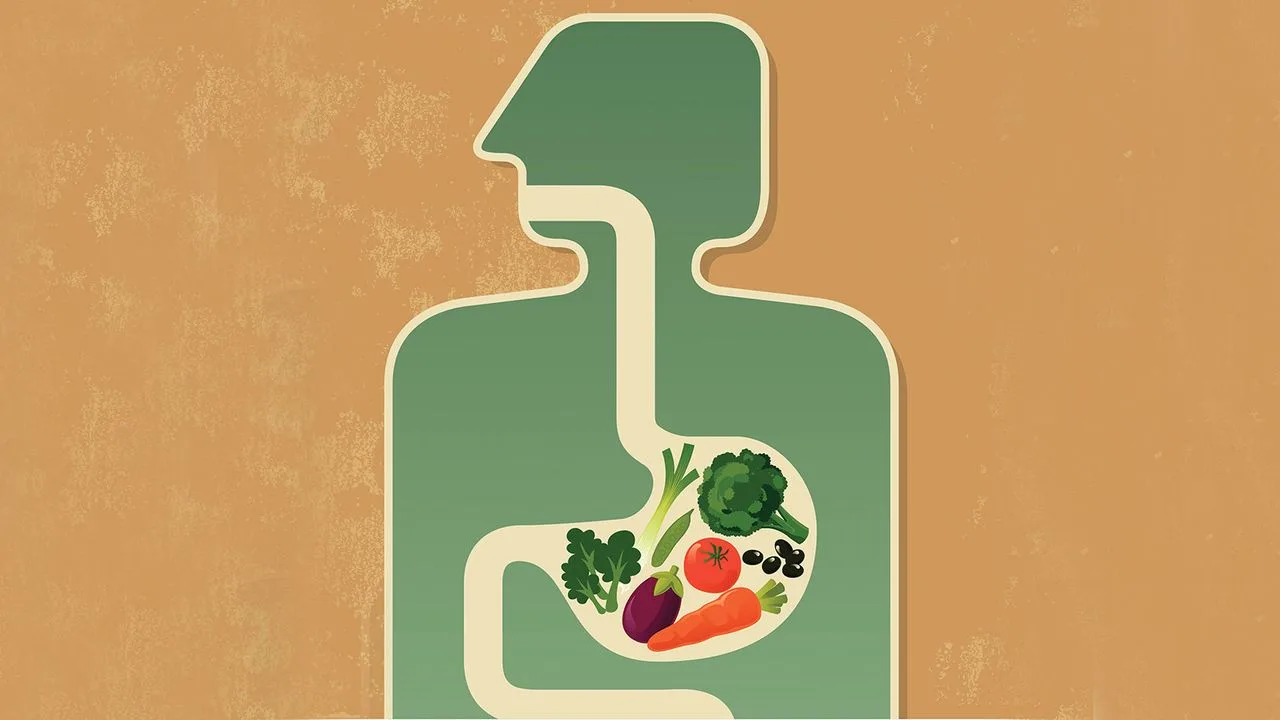Harvard’s Top Health Advice: Nurture Your Microbiome for a Healthier Life
Looking to boost your overall well-being and potentially extend your lifespan? Harvard University’s leading health recommendation focuses on a simple yet powerful concept: nourishing your gut microbiome. This intricate community of bacteria residing in your digestive system plays a crucial role in various aspects of health, and a vegetable-rich diet is the key to keeping it thriving.
Understanding the Microbiome
The gut microbiome is a complex ecosystem of trillions of microorganisms, including bacteria, fungi, and viruses. These microorganisms contribute to:
- Digestion and nutrient absorption
- Immune system regulation
- Mental health
- Protection against harmful pathogens
The Power of Vegetables
Vegetables are packed with fiber, a type of carbohydrate that the human body cannot digest on its own. This is where the gut microbiome comes in. Beneficial bacteria in your gut thrive on fiber, breaking it down into short-chain fatty acids (SCFAs). These SCFAs, such as butyrate, acetate, and propionate, offer numerous health benefits:
- Reduced inflammation
- Improved gut barrier function
- Enhanced immune response
- Potential protection against chronic diseases like type 2 diabetes, heart disease, and certain cancers
How to Feed Your Microbiome
Incorporating more vegetables into your daily diet is a straightforward way to nourish your gut microbiome. Here are some practical tips:
- Variety is key: Consume a wide range of colorful vegetables to provide your gut bacteria with diverse nutrients.
- Focus on fiber-rich options: Prioritize vegetables like leafy greens, broccoli, Brussels sprouts, carrots, and beans.
- Embrace fermentation: Include fermented vegetables like sauerkraut, kimchi, and pickles to introduce beneficial bacteria directly into your gut.
- Don’t forget prebiotics: Prebiotics are types of fiber that specifically feed beneficial bacteria. Good sources include garlic, onions, leeks, asparagus, and bananas.
Beyond Vegetables: Other Gut-Healthy Habits
While vegetables are a cornerstone of gut health, other lifestyle factors also play a significant role:
- Limit processed foods: Highly processed foods are often low in fiber and high in unhealthy fats and sugars, which can negatively impact the microbiome.
- Manage stress: Chronic stress can disrupt the balance of gut bacteria. Practice stress-reducing activities like yoga, meditation, or spending time in nature.
- Consider probiotics: Probiotic supplements can introduce beneficial bacteria to your gut. However, it’s important to consult with a healthcare professional to determine if probiotics are right for you.
Final Overview
Harvard’s health tip emphasizes the significance of nurturing your gut microbiome through a vegetable-rich diet. By prioritizing fiber-rich vegetables and adopting other gut-healthy habits, you can support a thriving gut microbiome and pave the way for a healthier and potentially longer life. Start small, be consistent, and listen to your body to find what works best for you.




+ There are no comments
Add yours